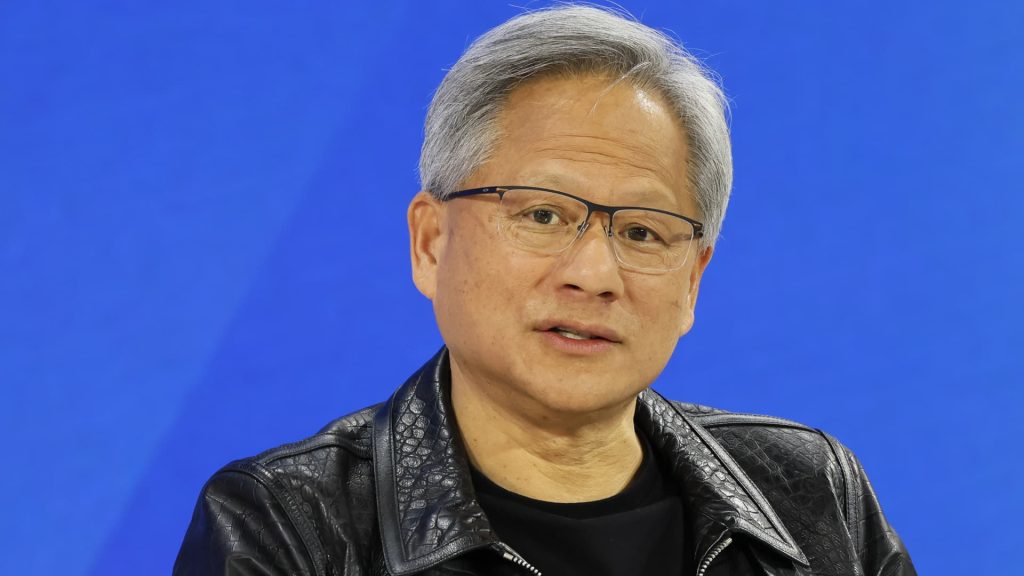In 1996, Nvidia was on the brink of collapse due to a failed contract with video game company Sega, which was a major source of funding for the young company. The contract required Nvidia to create chips for rendering 3D graphics on gaming consoles, but their experimental approach led to the realization that their architecture was incompatible with industry standards and Microsoft’s DirectX software interface. CEO and co-founder Jensen Huang made the difficult decision to admit their mistake and ask Sega to find another partner, despite the risk of losing the contract and running out of money. Sega agreed to buy out the contract, giving Nvidia six months to find a solution.
With the money from the canceled Sega contract, Nvidia developed a new chip called the RIVA 128 that was compatible with DirectX and supported higher graphic resolutions than its competitors. This new chip became a hit product, selling over 1 million units in just four months and saving the company from financial ruin. Huang emphasized the importance of admitting mistakes and humbly asking for help, even for successful and bright individuals. He credited his willingness to confront the mistake and seek assistance as the key factor that saved Nvidia from collapse.
Huang’s story serves as a lesson in humility and the power of asking for help when faced with difficult situations. Despite the embarrassment and challenges of admitting mistakes, it can ultimately lead to the saving of a company and the creation of a successful product. The experience also highlighted the importance of adaptability and willingness to change course when necessary, as Nvidia had to pivot from their initial strategy to develop a new chip that met industry standards and customer demands.
The success story of Nvidia’s turnaround emphasized the importance of perseverance and the willingness to learn from failures. Huang’s decision to come clean with Sega and seek their understanding, despite the risk of losing a major contract, ultimately paid off and set Nvidia on a path to success. The company’s ability to adapt, innovate, and overcome challenges ultimately led to their current valuation of over $2.2 trillion, powered by the booming artificial intelligence industry and high demand for their computer chips.
Overall, Huang’s experience with Nvidia’s near-collapse in 1996 serves as a valuable lesson for entrepreneurs and business leaders on the significance of humility, adaptability, and the willingness to seek help when facing challenges. By confronting mistakes, admitting failures, and asking for assistance, companies can overcome obstacles, pivot their strategies, and ultimately achieve success. The story of Nvidia’s resilience and transformation from the brink of collapse to a tech giant valued at billions highlights the power of humility and the importance of learning from failures.















